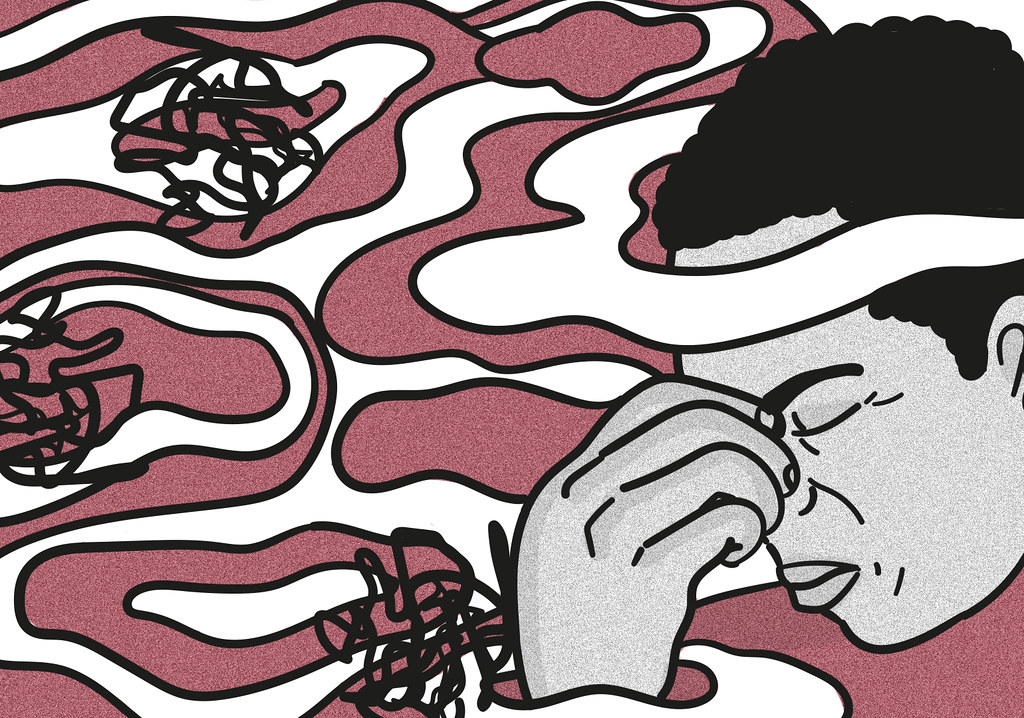For centuries, meditation has been used as a tool to promote mental clarity, inner peace, and spiritual growth. From ancient Buddhist monks to modern-day mindfulness practitioners, people have turned to meditation as a way to alleviate stress, anxiety, and depression. But what is the history behind this practice, and how has it evolved over time? In this article, we will explore the historical roots of meditation and its impact on mental health. From the early days of meditation in India to the present-day mindfulness movement, we will examine the ways in which meditation has been used to promote mental well-being and explore the scientific evidence behind its effectiveness. Join us on a journey through time as we explore the fascinating history of meditation and its impact on mental health.
1. The Ancient Roots of Meditation: Tracing its Impact on Mental Health through History
Meditation has been practiced for thousands of years, with its roots tracing back to ancient civilizations such as India, China, and Greece. These cultures recognized the benefits of meditation on mental health and incorporated it into their daily lives. The practice of meditation was often associated with religious or spiritual practices, but it was also used to improve mental clarity and emotional stability.
In India, meditation was a central part of Hinduism and Buddhism. The ancient texts of the Vedas and Upanishads describe meditation as a way to achieve a state of inner peace and enlightenment. Similarly, in China, Taoist and Confucian teachings emphasized the importance of meditation for cultivating a calm and focused mind. In Greece, philosophers such as Plato and Aristotle believed that meditation could help individuals achieve a state of tranquility and wisdom. Today, meditation continues to be a popular practice for improving mental health and well-being.
2. From Monks to Modern Science: A Historical Journey of Meditation’s Influence on Mental Well-being
Meditation has been practiced for thousands of years, with its origins dating back to ancient Hindu and Buddhist traditions. Monks were among the first to practice meditation, using it as a means of achieving spiritual enlightenment and inner peace. Over time, the practice of meditation spread to other cultures and religions, and its benefits for mental well-being became increasingly recognized.
In recent years, modern science has taken an interest in meditation and its effects on the brain and mental health. Studies have shown that regular meditation practice can reduce symptoms of anxiety and depression, improve attention and focus, and even increase the size of certain areas of the brain associated with emotional regulation and self-awareness. As a result, meditation has become a popular tool for managing stress and promoting mental well-being in today’s fast-paced world.
3. Rediscovering the Healing Power of Meditation: A Historical Perspective on its Impact on Mental Health
Meditation has been practiced for thousands of years and has been known to have a significant impact on mental health. It is a technique that involves focusing one’s attention on a particular object, thought, or activity to achieve a mentally clear and emotionally calm state. Throughout history, meditation has been used as a tool for healing and spiritual growth in various cultures around the world.
Studies have shown that meditation can reduce stress, anxiety, and depression, and improve overall mental health. It has also been found to have a positive impact on physical health, including reducing blood pressure and improving immune function. In recent years, there has been a renewed interest in the healing power of meditation, and many people are turning to this ancient practice to improve their mental and physical well-being.
- Benefits of Meditation:
- Reduces stress and anxiety
- Improves focus and concentration
- Enhances emotional well-being
- Improves sleep quality
- Types of Meditation:
- Mindfulness meditation
- Transcendental meditation
- Loving-kindness meditation
- Body scan meditation
As we conclude our journey through the history of meditation and its impact on mental health, it is clear that this ancient practice has stood the test of time. From its origins in ancient India to its widespread adoption in modern Western culture, meditation has proven to be a powerful tool for promoting mental well-being and reducing stress.
While the scientific community continues to explore the many benefits of meditation, it is important to remember that this practice is not a panacea for all mental health issues. However, when used in conjunction with other treatments and therapies, meditation can be a valuable addition to any mental health regimen.
As we move forward into the future, it is our hope that meditation will continue to be embraced as a powerful tool for promoting mental health and well-being. Whether you are a seasoned practitioner or just starting out, we encourage you to explore the many benefits of meditation and discover how it can help you live a happier, healthier life.
